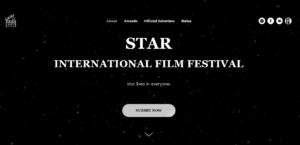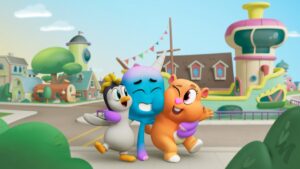Last updated on February 16, 2010

Or: Weren’t you supposed to take care of that?
I enjoy being a part of a small company. In a startup the roles that everyone play can be very wide and fluid. An artist can do everything from board to final animation. You learn tons fast and get to have your fingers in as many pies as you can handle. What happens when you get involved in a large studio with 50 or more staff all working on the same project? Your ability to be flexible can still be an asset but if you are not careful it can also be a hinderance.
If you’re joining a large studio for the first time, make the effort to find out if there are standard job descriptions for each position. Read them and find out if there are any overlap areas based on the skills you know you have. Also pay attention to the positions that are directly connected to your own. Knowing what they do and what they need from you will go a long way in speeding up the process.
Sometimes the drawback can be in how you interact with those around you. Don’t assume you know better. Learn how the team interacts with each other. Feel the personalities out. I am not trying to say find a way to fit in but try to find a way to work with the team that doesn’t make them want you gone. No one wants to work with a know-it-all, even when you are one! That was supposed to be funny by the way.
On a film set you might have upwards of 50 or more people that have to know exactly what their individual jobs are and exactly when they have to step up to do them. If not, you have a very expensive day. You might have to shoot 3 pages of script or more a day, which can translate into half a dozen setups. That means setting up lights and dressing the set, getting the camera and actors prepped and a host of other things. It usually runs in a ten-hour day. Knowing your role here can save huge in both budget and time.
In animation the production cycle is much longer. There are most likely more people involved but the need to know your role is just as important. I find the big difference lies in how long it can take to realize a missed event or a mistake. On a film set it could be minutes or maybe a day. In animation it could be months before the impact is felt. Doesn’t make it any less important and potentially more expensive on a cartoon.
Ultimately knowing the role you are meant to play on a project will help you do your job better and reduce the chances of redundant work or missed processes. The larger the crew the more important this becomes. Don’t expect someone to be constantly telling you what to do. Be proactive and find out what you are supposed to do and then do it well!
Look me up






Be First to Comment